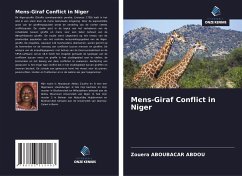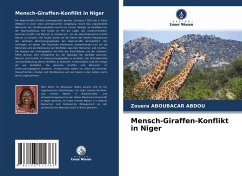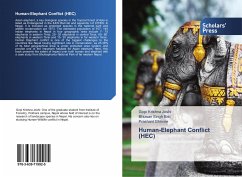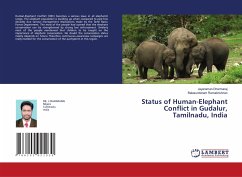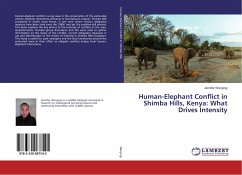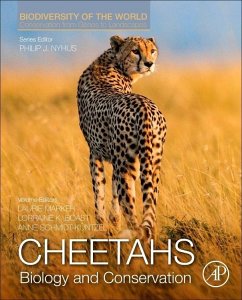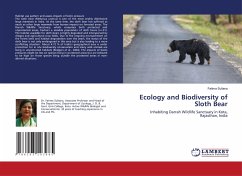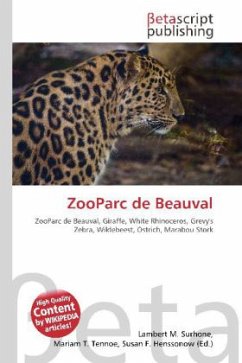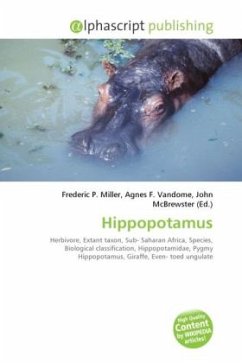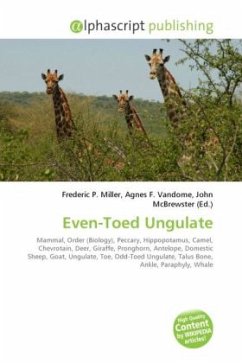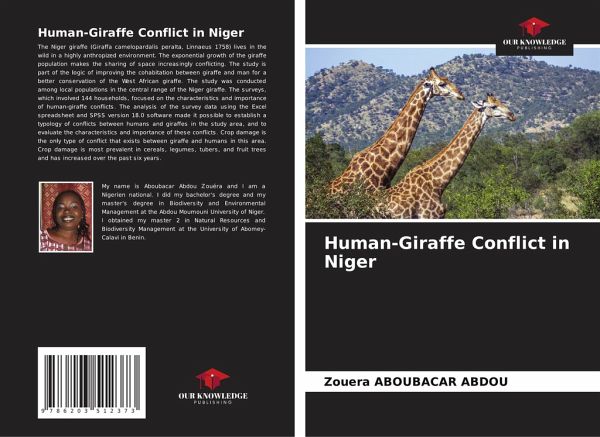
Human-Giraffe Conflict in Niger
Versandkostenfrei!
Versandfertig in 6-10 Tagen
36,99 €
inkl. MwSt.

PAYBACK Punkte
18 °P sammeln!
The Niger giraffe (Giraffa camelopardalis peralta, Linnaeus 1758) lives in the wild in a highly anthropized environment. The exponential growth of the giraffe population makes the sharing of space increasingly conflicting. The study is part of the logic of improving the cohabitation between giraffe and man for a better conservation of the West African giraffe. The study was conducted among local populations in the central range of the Niger giraffe. The surveys, which involved 144 households, focused on the characteristics and importance of human-giraffe conflicts. The analysis of the survey d...
The Niger giraffe (Giraffa camelopardalis peralta, Linnaeus 1758) lives in the wild in a highly anthropized environment. The exponential growth of the giraffe population makes the sharing of space increasingly conflicting. The study is part of the logic of improving the cohabitation between giraffe and man for a better conservation of the West African giraffe. The study was conducted among local populations in the central range of the Niger giraffe. The surveys, which involved 144 households, focused on the characteristics and importance of human-giraffe conflicts. The analysis of the survey data using the Excel spreadsheet and SPSS version 18.0 software made it possible to establish a typology of conflicts between humans and giraffes in the study area, and to evaluate the characteristics and importance of these conflicts. Crop damage is the only type of conflict that exists between giraffe and humans in this area. Crop damage is most prevalent in cereals, legumes, tubers, and fruit trees and has increased over the past six years.



